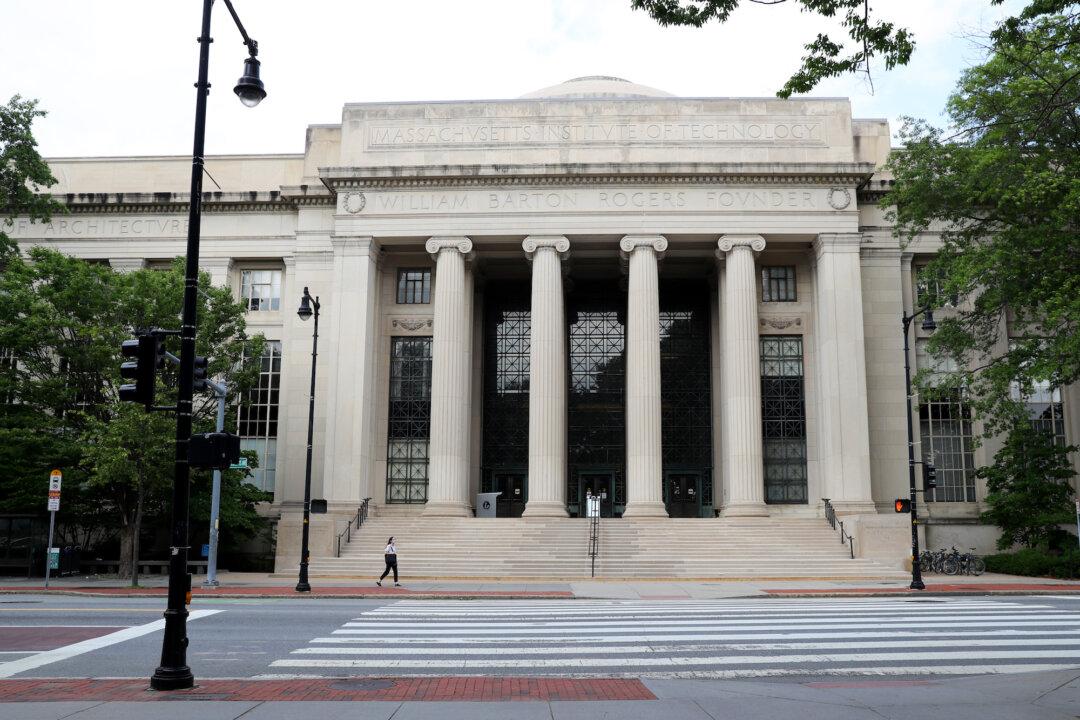Bucking the nationwide trend of test-optional college admissions, the Massachusetts Institute of Technology (MIT) said it will revive standardized test requirements for future admissions cycles.
Like many other colleges and universities across the United States, MIT in 2020 suspended its SAT and ACT testing requirements due to disruptions caused by the pandemic. In Monday’s announcement, however, the prestigious private institution makes it clear that this policy is not permanent.





